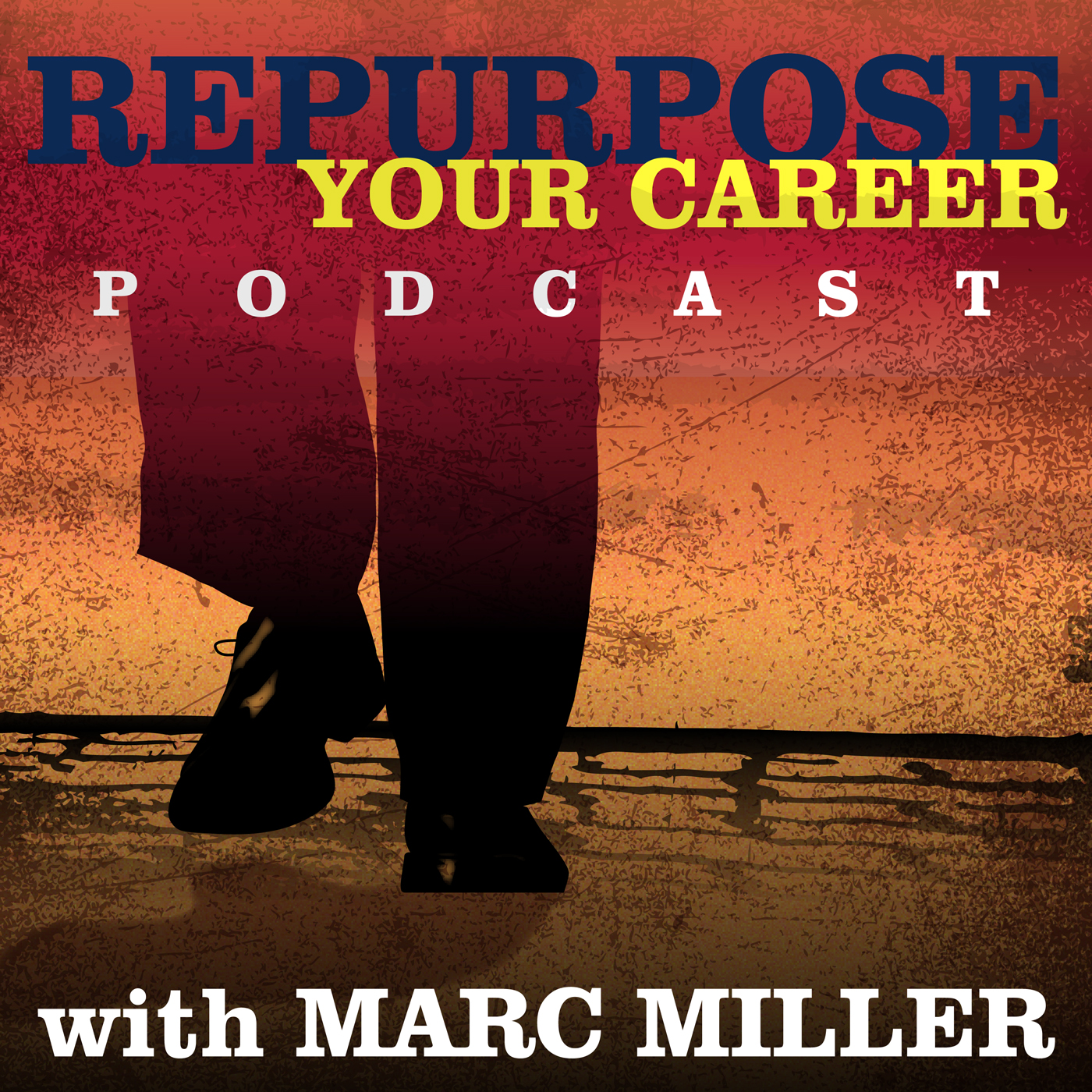What is Your Greatest Weakness?

So much of the job search process has changed. It can be disconcerting to someone seeking a new job after many years. Fortunately, many of the changes are positive. For example, can’t we all agree that personal statements are much more honest than objectives? Discriminatory questions have been eliminated from most interviewer’s repertoires. This has helped in the battle against age discrimination. There are even new ways to engage with potential employers and coworkers through sites like LinkedIn.
In spite of all of this forward motion, one albatross still exists. ‘What is your greatest weakness?’, remains a popular interview question to this day. Even worse, it can still cause an otherwise confident applicant to nervously stumble over their words.
So, how should you answer that question? hy do they ask it anyway? Keep reading to learn more.
Why Ask in The First Place?
There are several likely reasons for this. One of the most plausible is that the interviewer simply sees it as an obligatory question. Other might want to see how you perform other pressure. Then, there are those who may honestly want to know. After all, understanding where you are lacking may allow them to plan for that during the onboarding process.
Here’s the most likely reason. Answering this question honestly and with insight shows that you have self-awareness. If you’ve ever worked with someone who lacks this trait, you know how insufferable that can be. It’s best to assume this is the reason for the question.
Whatever the case may be, once the question is out there, you’ve got to answer it. Here are a few options that many have used.
Tailoring Your Answer to The Job Description
Most ‘help wanted’ ads list skills and experience that you must have. Many also list things that hiring managers would appreciate, but aren’t mandatory. Use these optional skills to your advantage. Think of it as a formula.
Weakness = Lack of optional skill + Whatever you are doing to gain that skill.
Here’s an example:
Weakness = Doesn’t understand the company’s project management tool + Using free trial version at home to become familiar.
Here’s how this can play out in the interview.
Question: “What would you say is a weakness that you have?”
Answer: “I am not yet familiar with the project management software you use. I did notice that there is a free trial for it online. I have downloaded it so that I can get up to speed quickly.”
With this, you address a shortcoming that would have come up anyway. The difference is that you are in control and can add a positive spin.
Showing Self Improvement
Think in terms of growth and insight. Find a trait that you’ve been working on changing, and tell the hiring manager what you are doing to improve. This is similar to the technique above; you can just use traits that aren’t necessarily listed in the job description. The trick here is to focus only on professional skills and follow up with an example of what you’re doing to improve.
One benefit of choosing this path is that you can even use it to reinforce your resume. For example, you might say that you sometimes struggle with group projects because you have a difficult time not being in charge of all outcomes.
You can then inform the interviewer that you are taking a class in Small Group Dynamics as you pursue your Master’s in Organizational Psychology in order to learn to work and lead better in group situations. Assuming that you have included that you are pursuing an advanced degree in your resume, you have successfully covered two bases. First, you answered the interview question masterfully. Next, you have taken the conversation back to something very positive on your resume. If you are particularly proud of your resume or CV, this technique might be ideal for you.
To Determine the Best Technique to Use Write a List of Helpful Resources
If you still find yourself struggling to find the best way to handle this question, write a list of helpful resources to help you prepare. It might look something like this:
- Career Pivot Blog – Here you can read useful insights from job seekers with backgrounds and life experiences that are similar to yours. You may be able to get unique insights into answering this question as a mature job seeker.
- Indeed Career Forum – Here you can discuss your weaknesses with job seekers and hunters, ask for advice, and learn more about experiences at specific companies.
- Resumes Centre – Writers of this service are experts in such questions. You can ask for help/consultation and see what their insights are about your job search goals.
Techniques to Avoid
Now that you know two techniques that are flexible, comprehensive, and successful, let’s go over some tactics to avoid.
Trying to Frame Positive Traits as ‘Negatives’
Some people still recommend this technique. That’s a shame because it’s bad advice. It’s a bit of a wisely way of going around the question instead of answering it. Here are some examples:
- I give work too much priority. I just can’t focus on other things until every job is done right.
- I care too much about the customers. I’m always going above and beyond for them.
- I’m a bit of an organizational addict. I must have all paperwork completed and stored neatly at all times.
Use the rest of the interview to highlight your many excellent traits and accomplishments. This question is not an invitation to humble brag. Instead, if you have a trait that would normally be negative, but is desired for a certain job, then simply label it honestly. For example, being a perfectionist can stop progress in many fields. But, in accounting and engineering that’s a desirable trait.
Highlighting Personality Flaws
None of us is a perfect person. Still, an interview isn’t the time or place to reveal those flaws to a potential employer. Don’t share that you are short-tempered, cry easily, or have difficulty getting along with different personality types. This isn’t a therapy session or true confessions.
The problem (and benefit) of personality traits is that they are pretty well-established by a certain age. There’s not much ‘growing out’ of them. Instead, focus on things you can and are changing.
Using This or Any Other Question to Badmouth Past Coworkers or Employers
It’s also highly inappropriate to use questions like this to take digs at old coworkers and employers. For example, never say that you struggle with an organization because your last employer never trained you to be organized or gave you any clear guidelines about it. Instead, simply say that you have started using organizational apps and a new filing system to improve.
Conclusion
This may never be an easy interview question, but it’s not impossible. Just take some time to prepare a couple of great answers. That way, you can answer the question easily without breaking a sweat.
 This post was written by Sylvia Giltner. Silvia is an HR manager and content writer at Resumes Centre. She helps people to write the perfect resume and land a desirable job. She is also an active guest contributor. Sylvia’s writing has been featured on Forbes, Next Avenue, TLNT and more.
This post was written by Sylvia Giltner. Silvia is an HR manager and content writer at Resumes Centre. She helps people to write the perfect resume and land a desirable job. She is also an active guest contributor. Sylvia’s writing has been featured on Forbes, Next Avenue, TLNT and more.
Like What Your Read? Get Career Pivot Insights
Do You Need Help With ...

Check out our Help Center where you have access to 14 different content portals.



Marc,
Not sure if fits the overall feedback, as it does relate to Briggs-Myer test. Since we are both ENTJ, with you sometimes an I, most people might do this simple test, highly accurate over past few decades for me, and find out what they are good at, or a good companion type to look for.
But as an ENTJ, you know we can sometimes without even meaning to sort of step on people. By that I mean, not acknowledge them, or realize that others with more emotional type traits exist.
So, for ENTJ, I will focus on improving what are weak areas. Example stepping on people without meaning to. I really have to keep this in mind, and check myself to make sure I am not doing this. It is not purposeful, but to the other person it may seem that way. So, I make an effort to get input from others, be more inclusive.
Even though I found working for myself was my change months ago, I still keep this in mind, and try and seek out opinions from others. Even as the boss, with others working for me. I still make them feel and understand their input matters. It isn’t fake. I have hired others to help me and one of others that really knows trucks. I make sure he knows I appreciate his efforts. Send him to auctions, make sure he knows what he picked out of hundreds of possible trucks was a great job. Of course, I still have to agree with this since I am paying for it. But it is clear that simple mentioning this to him matters.
If this was an interview type question, and I wouldn’t put this in the personality flaw area, but I would as a PMP in the corporate world, now applying this along with my auto brokering, and other areas of being a licensed automotive dealer, keep in mind that the majority of people don’t see the world as I do. Since I am an extrovert, maybe an answer I would provide as a project manager is that even though I know answers and processes to use, instead of me just doing it, I would purposely seek out others opinions.
If applied to Scrum master with Agile I dabble in some as a consultant, instead of just directing everyone to do things, the answer to what is a weakness, would be that knowing myself, I can take charge of things more than I should, but knowing that I can at times not have others on my team know their input is important, and having others in their role also understand how their ideas make sense, and the brainstorming process, called sprints, I may not agree with others, but it really is their role as developers to find the best solutions. I just steer the direction toward what gets called getting incremental funding.
I may know this is important, but having the group working together knowing each is valuable to the team, and their input matters has resulted in getting projects approved and ending up as successful. That can be shown as faster solutions, and higher revenue to a future boss.
So, I already know my good side, but making sure I don’t ignore the weak side, but keep working on it in a professional setting has resulted in faster and better revenue for a company. This can be shown as documented proof. It is a good topic, and truthfully something I do go out of my way to keep in mind.